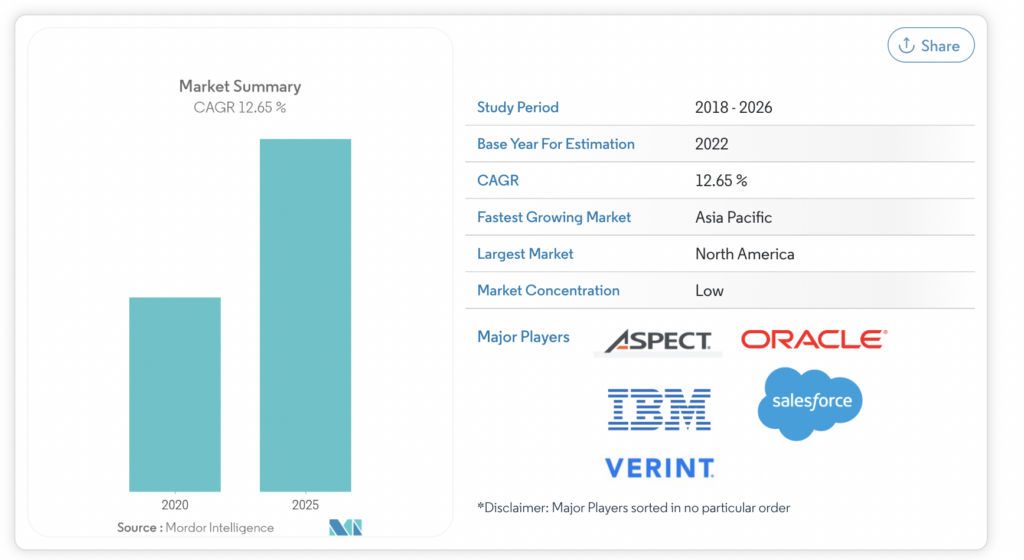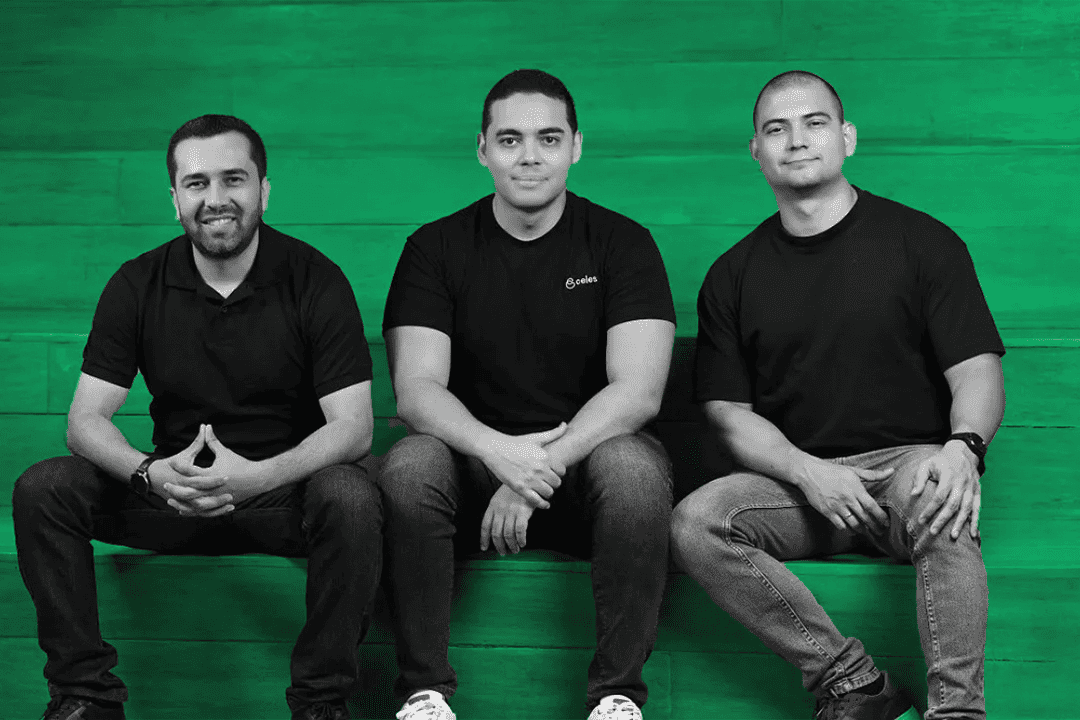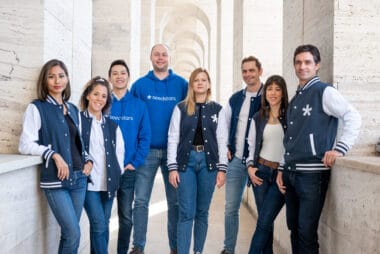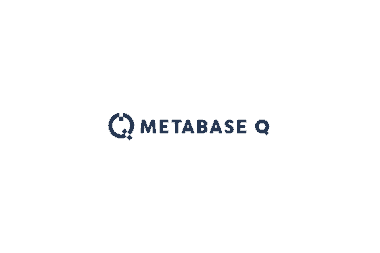Founded in 2019 by Luis Almanza, Luis Ballestas, and David Florian, Celes is a Colombian startup that has rapidly evolved since its inception to become a key player in Software-as-a-Service (SaaS) in its country and throughout Latin America. And as part of an organic expansion phenomenon, even beyond the region.
The startup specializes in data analytics for retail to revolutionize the way medium and large companies view and use their data.
According to Luis Almanza, the organization’s CEO, although they initially started as consultants, they are currently “a 100% software service company at this time that allows companies to understand and manage their data. This goes beyond mere data collection, as we also seek to optimize consumption patterns, establish appropriate prices, and discover trends based on customer history,” he explains exclusively for Contxto.
How do they achieve this? Celes uses artificial intelligence and pre-trained models to process data. They are directly connected to Enterprise Resource Planning (ERP) or Customer Relationship Management (CRM) systems and integrate with Systems Analysis Program Development (SAP) systems such as Business One, Siesa, and Oracle Net Suite, among others.
Additionally, they have developed the “Celes Bot”, an artificial intelligence tool that answers queries about retail data via WhatsApp.
According to Aspects Software, the customer interaction solutions market was valued at USD $15,520 million in 2020 and is expected to increase to USD $30,920 million by 2026.

Against this backdrop, companies are adopting more SaaS solutions; on average, an organization uses 80 SaaS applications, representing significant growth compared to previous years.
Breaking into the market with a unique value proposition
Celes primarily targets medium-sized retailers and has expansion plans for its sales team in various segments, from pharmacies and hardware stores to supermarkets and clothing stores.
“We cater to any midsize company that sells physical products to end customers, whether online or in physical stores. Those that are not yet Oxxo, Walmart, or Costco; but neither are the neighborhood stores that have 4, 5, 10, 15, 20 sales points, that’s our ideal segment,” explains Almanza.
When they started in 2019, Celes billed only USD $2,100 monthly. Four years later, the company bills around USD $40,000, resulting in a monthly compounded growth of 85% between the markets of Colombia and Ireland.
Economic development in Latin America has shown slow but steady growth. The region is estimated to grow only 1.6% in 2023, compared to 4.0% last year, a deceleration trend shared by most countries, including the region’s strongest economies, according to the FMCG Pulse: The Full View Latam Edition Mat Q4 2022 by Nielsen.
However, for the consumer goods industry, there is a positive trend in the value of 19.4%, with all the major economies sharing the double-digit growth trend, most of them also reflecting the current growth in volume.
To help their clients navigate this challenging landscape, Celes focuses on its ability to collect and process data efficiently and in real-time, in addition to offering artificial intelligence-based solutions, becoming the definitive “operating system” that manages the data universe in the retail sector.
For Luis Almazán, the main financial constraints in retail companies are:
- Purchases. If they buy too much, they are financially choked. If they don’t buy enough, they face a loss of sales.
- Prices. If these are not right, profitability decreases.
- Loyalty. Without loyal customers, marketing efforts and costs increase.
“These three issues, purchases, prices, and loyalty, are essential for revenue and profit generation in retail. Our mission is to optimize them. While some companies offer similar solutions, it’s rare to find one that integrates the three areas into a single software. And these areas are closely related: poor prices affect purchases and loyalty, lack of inventory affects customer loyalty, ” the businessman states.
Their big differentiator is offering these three solutions in one while they are exploring three strategies to capture a larger market share:
- Marketing. Investments in content, online advertising, and events such as webinars and conferences to promote their software and mission.
- Sales Team. Hiring salespeople with an already established client portfolio in the retail sector.
- Product Lead Growth. Offering a free version of the software allowing companies to experience its value and then potentially migrate to paid plans.
A Global Bet
Recently, Celes closed a seed funding round for USD$1 million with participation from Primeline, Matter Scale, Rockstart, and several angel investors. No specific details about the share structure were provided due to NDA restrictions.
Their next goal is to reach USD$3 million in annual recurring revenue, and they hope to achieve this value in the next 18 months. They expect a significant portion of this growth to come from Europe.
With this capital injection, the company plans to allocate 60% of the investment to its growth and the remaining 40% to product development.
“Of the 60% allocated to growth, 50% goes to self-selling products, i.e., those that sell themselves and allow users to start on a basic plan and then migrate to premium plans. 20% is allocated to our sales team; and the remaining 20% is invested in marketing and content generation.”
Celes has established partnerships in Colombia with the National Federation of Merchants (Fenalco), while its breakthrough in the Irish market came through LinkedIn.
“The technology director of one of the country’s leading distribution companies. We established a joint investment from that connection and are collaborating to open the Irish and English markets,” Almanza recalls.
Furthermore, the company plans to set up offices in Dublin, Europe’s technological capital, while continuing to grow in its native Colombia.
Celes aims to develop other products and features in its portfolio, from expanding its mobile app’s functions to implementing functionalities such as geolocation or predicting customer behavior. The startup’s future is promising, and it seems set to make waves in Latin America and across the globe.






